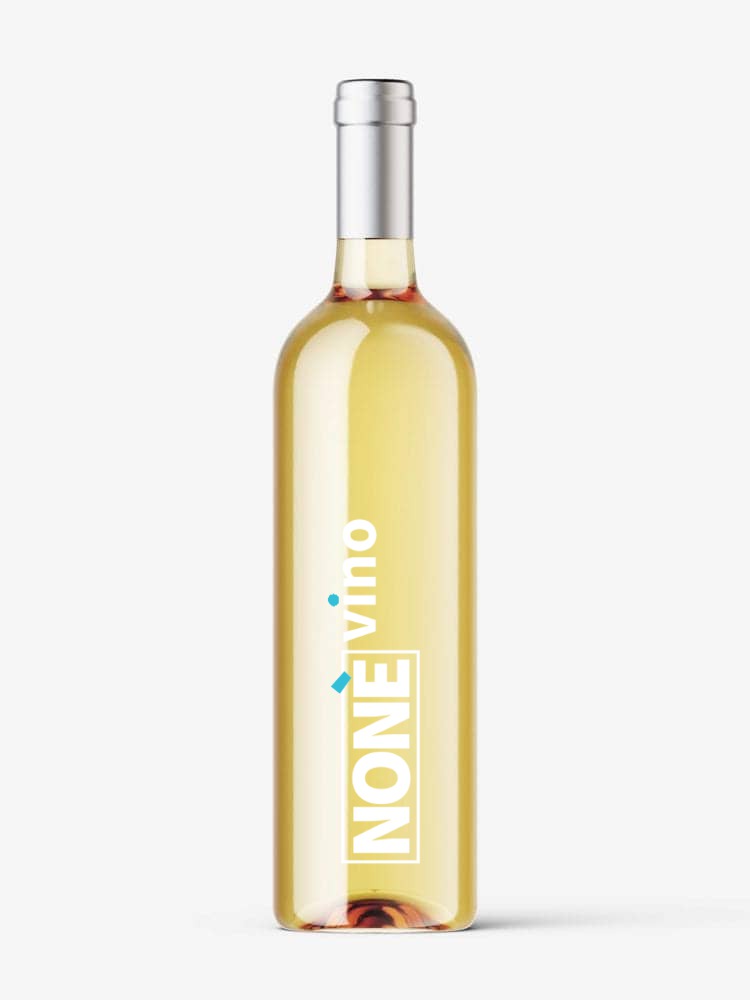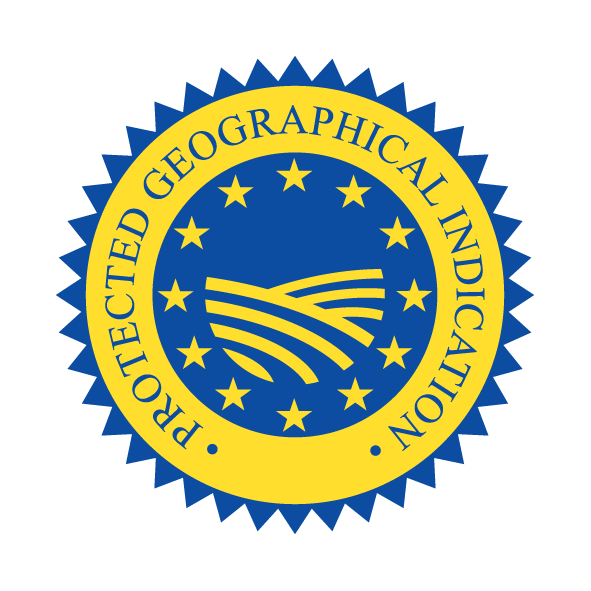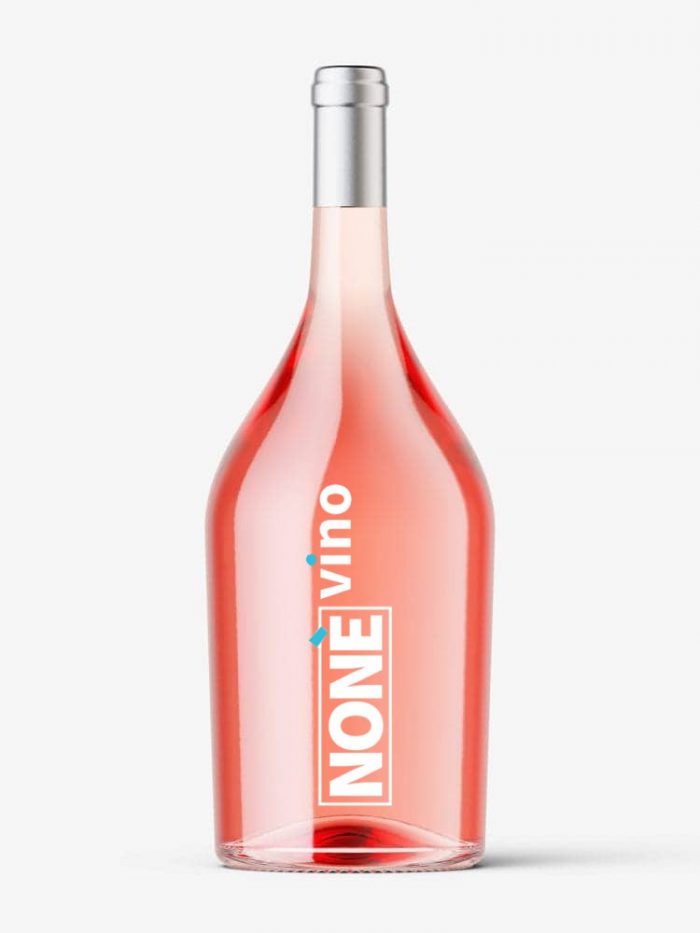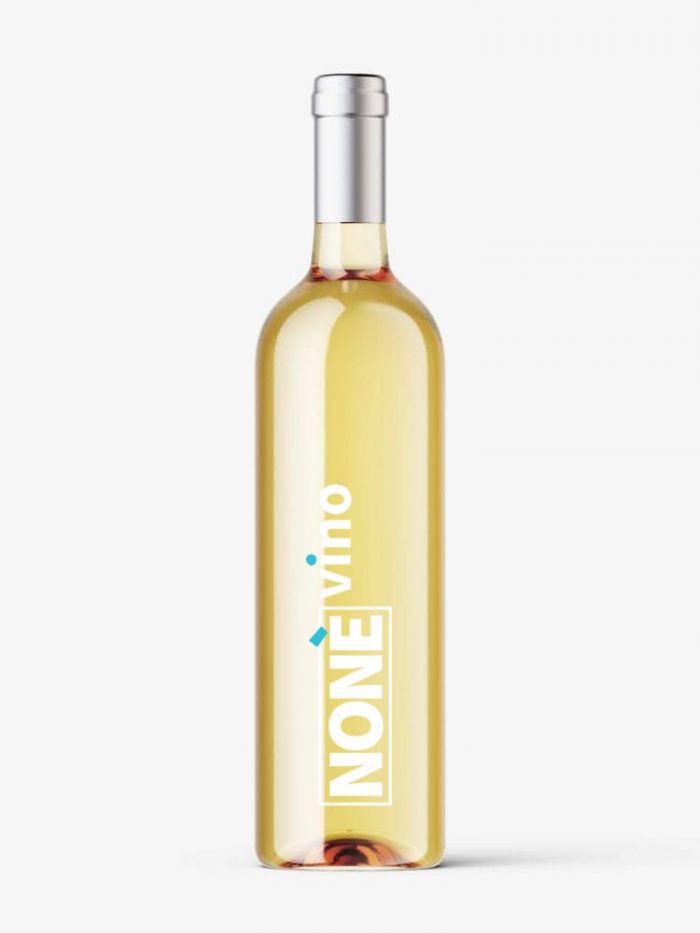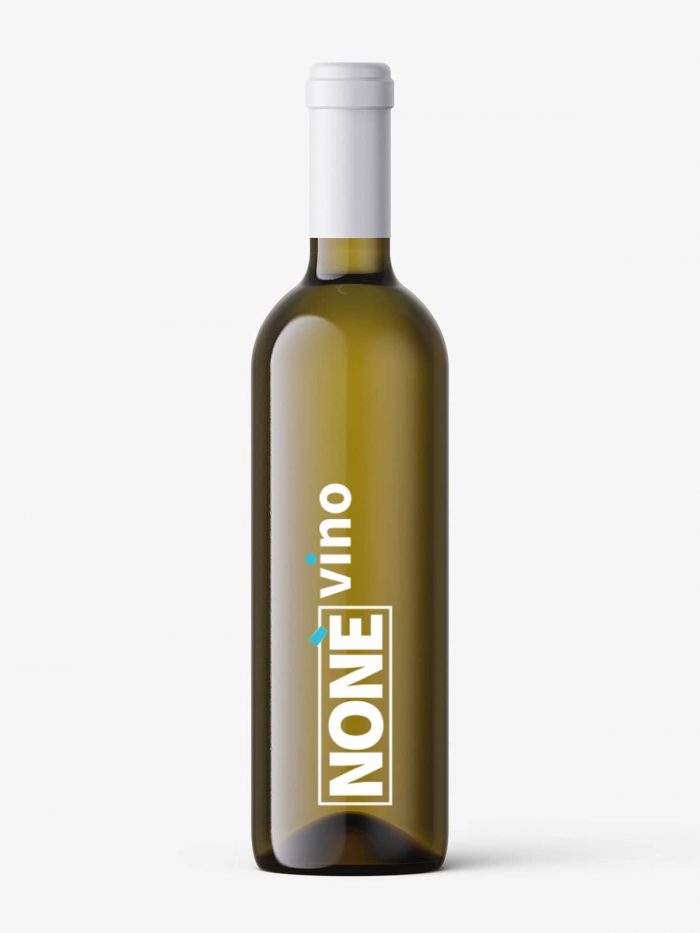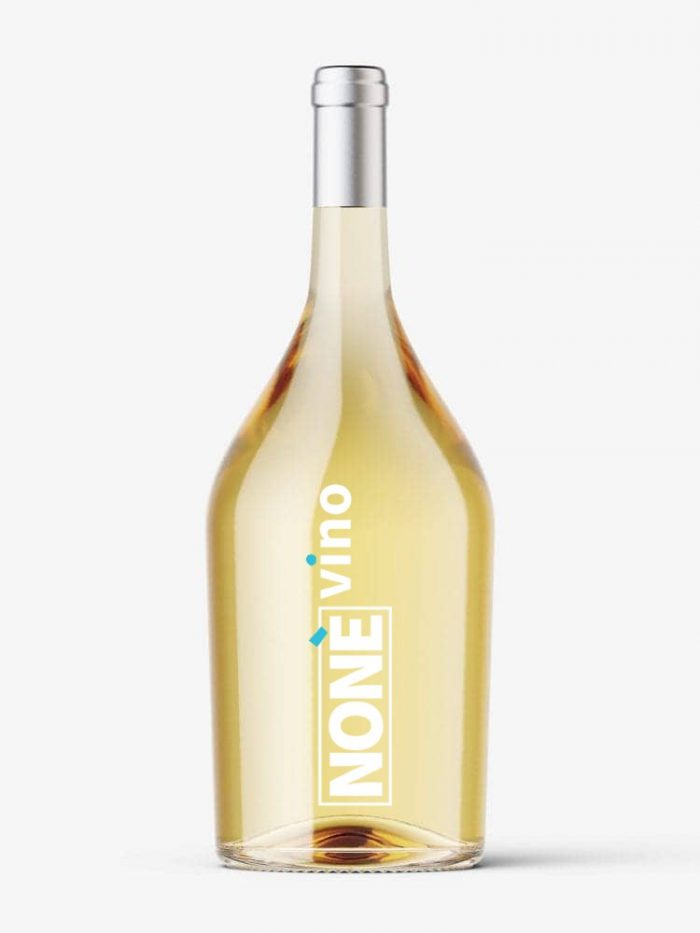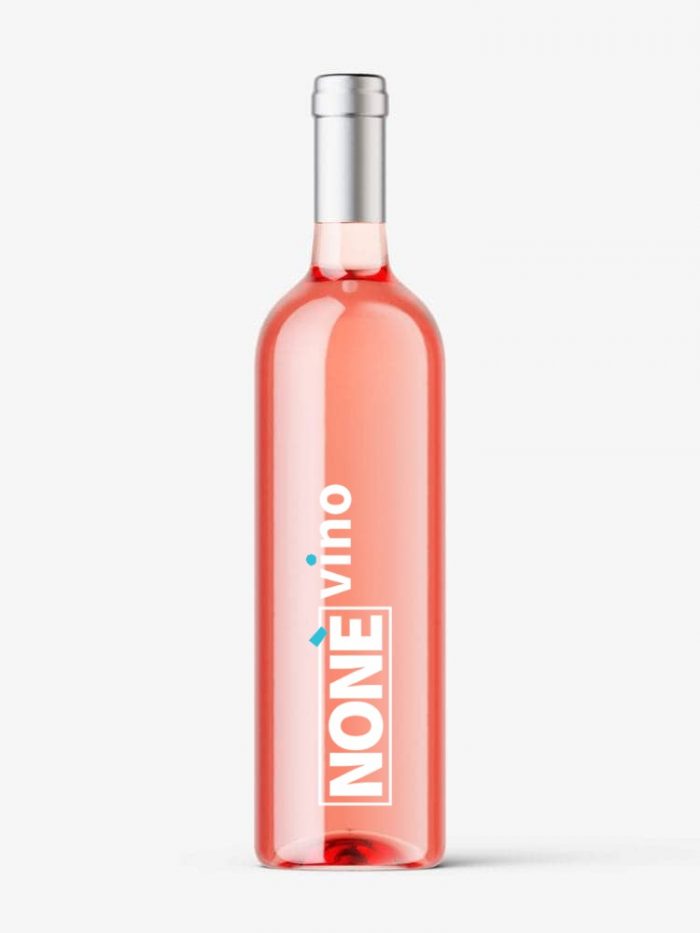The geographical area dedicated to the production of IGT Calabria wine is located in the extreme south of the peninsula, in the region of the same name, and borders on the north with Basilicata and for the rest of the perimeter is washed to the east by the Ionian Sea and to the west by the Tyrrhenian . The pollino group, which originates in Basilicata, also extends into the Calabrian land and here seems to continue with the Coastal Range located on the Tyrrhenian Sea side. In the easternmost position, but always in the north of the region, stands the majestic Sila group (Sila Grande and Sila Greca), covered with vegetation and woods. In the southern part, south of the Gulf of Sant’Eufemia sul Tirreno and Squillace sul Ionio, the Apennine ridge continues with the Serre chain (Monte Pecoraro at 1427 meters) and then with the large, majestic Aspromonte massif, which draws its steep sides up to a few kilometers from the coast. In the final part, the city of Reggio Calabria is washed by the waters of the Strait of Messina.
The Production Area of Calabria IGT Wine is located in:
– Calabria region and includes the entire regional territory.
During the vinification phases, only loyal and constant oenological practices of the area are allowed, suitable to give the wines their particular quality characteristics.
The oenological winemaking practices of IGT Calabria wines include, among other things, that:
– The maximum yield of grapes into finished wine, ready for consumption, must not exceed 80% for all types of wine, with the exception of the “passito” type for which it cannot exceed 50%.
From the territorial point of view, mountains, plateaus, hills, more or less steep and high dominate the situation, leaving very little space on the floor, less than 10% of the regional territory and with few plains of beautiful extension (Sant’Eufemia, Sibari, and Gioia).
From an economic point of view, therefore, agriculture does not find an ally in the development of the soil for its diffusion and production. The best development opportunities belong to specialized productions which do not need large and comfortable spaces and above all know how to bring added value capable of adequately rewarding high production costs and strong professional and operating commitments.
The wine production in particular, boasts solid traditions, which can even be traced back to contacts with the Greek people during the first millennium BC


